Top Class Actions’s website and social media posts use affiliate links. If you make a purchase using such links, we may receive a commission, but it will not result in any additional charges to you. Please review our Affiliate Link Disclosure for more information.
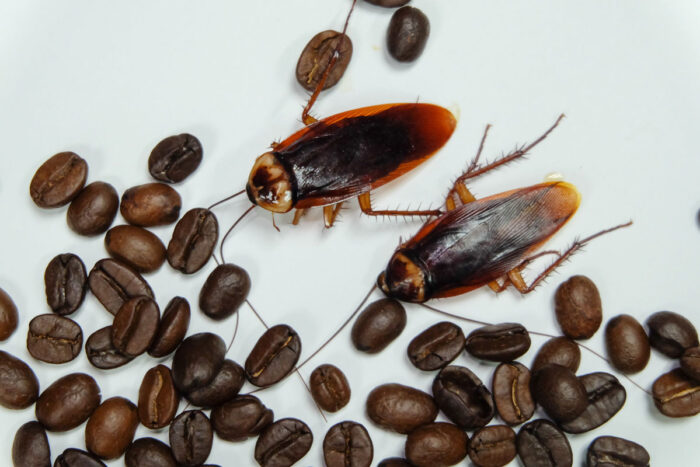
FDA bugs in coffee food defects allowance overview:
- Who: The U.S. Food and Drug Administration (FDA) is permitted by law to regulate the amount of outside contaminants found in food and drink products.
- Why: The FDA takes into account a number of things when deciding what level of outside ingredients are allowed, including whether the defects are unavoidable or naturally occurring.
- Where: The FDA regulates consumer food products nationwide.
From cockroaches in coffee grounds to insects in peanut butter, the food items consumers put in their cupboards can contain ingredients that could make the most adventurous eater squirm.
Consumers in the United States may even be surprised to learn just how much and what kind of outside contaminants food and beverage items are allowed to contain.
The Food and Drug Administration (FDA) is permitted by law to establish maximum levels of “natural or unavoidable defects” in food products so long as they don’t present a health hazard to consumers.
In determining what level of food defects are allowed, the FDA says it takes into account that it is “economically impractical to grow, harvest or process raw products that are totally free of non-hazardous, naturally occurring unavoidable defects.”
Products that are harmful to consumers, meanwhile, remain subject to regulatory action regardless of whether or not they exceed safe levels set forth by the agency, the FDA says.
FDA allows certain percentage of bugs in coffee
While it has not technically been documented that traces of cockroaches have been found in coffee grounds, the FDA does in fact permit grounds to contain a small percentage of insect parts.
Coffee is not the only food item allowed to contain insect parts, either. The FDA allows small percentages of insects in many products, such as cocoa beans, macaroni and noodles, nutmeg and black olives, among other things.
In addition, the FDA also allows levels of mold in a variety of food items, including cranberry sauce, canned pineapple, figs, apricots, peaches and pears, among other things.
Rodent filth is another common outside contaminant that the FDA allows in small doses in food products, including cornmeal, curry powder, marjoram, peanut butter and popcorn, among other items.
FDA, EPA monitor harmful chemicals, other additives
Along with the FDA, the U.S. Environmental Protection Agency (EPA) also regulates the amount of harmful chemicals, such as the cancer-causing chemical benzene, a food product is allowed to contain.
The EPA sets the maximum allowed level of benzene in drinking water, for example, at five parts per billion (ppb).
If a beverage contains beyond five ppb of benzene, the FDA considers it unsafe and the manufacturer must make corrections to ensure the levels of the chemical don’t exceed the sanctioned amount.
There are a number of ways benzene can find its way into a beverage product, according to the FDA, including through heat or light exposure of a drink containing both ascorbic acid and benzoate salts.
Benzene was in the news last year after trace amounts of the chemical were discovered in a number of different cosmetic and sunscreen items, including those produced by brands such as Johnson & Johnson and Coppertone.
The FDA also regulates the type of food and color additives allowed in carbonated beverages with the agency only allowing those, which it has “determined to be safe based on scientific information available” to it.
The agency says it also regulates the types of bottles and cans that carbonated beverages come into contact with to make sure the products are safe to consume.
FDA regulates water bottle manufacturers to protect consumers
The FDA also closely regulates bottled water through the Federal, Food, Drug, and Cosmetic Act (FD&C Act), which was created to hold manufacturers accountable for the safety of their products.
The agency focuses on three areas when regulating the safety of water bottles, including the standards specific to each water type, the level of contaminants they are able to contain and the conditions under which they are manufactured.
The four water bottle types recognized by the FDA are mineral water, artesian well water, spring water and well water. The agency says it does not consider beverages labeled as some variation of “sparkling water” as bottled water but rather as soft drinks.
Water bottle manufacturers are “generally required to register with the FDA as food facilities,” according to the agency.
In related news, consumers filed multiple class action lawsuits against Las Vegas-based bottled water manufacturer Real Water last year over claims the company sold contaminated water that caused serious adverse health effects.
Additionally, the FDA posted a voluntary recall of all Real Water products in March of last year after the product was linked to an outbreak of hepatitis.
Were you aware that the FDA regulates the amount of food defects found in food and drink products, such as bugs in coffee? Let us know in the comments!
Online Shopping Partners
Top Class Actions provides links from the Amazon Associates program. We believe this makes it easy to buy products you need from a brand you recognize. Our site is unbiased, and our law firm clients cannot influence the placement of products or how we promote content on our site and through other platforms like social media and email. When you shop through these links on our site, we may earn an affiliate commission. The fees collected go toward improving your experience on our site. Whenever you leave topclassactions.com for a retailer’s website, you will be covered by the retailer’s privacy policy and user agreement.
Don’t Miss Out!
Check out our list of Class Action Lawsuits and Class Action Settlements you may qualify to join!
Read About More Class Action Lawsuits & Class Action Settlements:
- Target recall of lavender shortbread cookies announced due to potential allergy risk
- Whole Foods class action over 365 Everyday Value Vanilla Coffee Creamer to move forward
- Enjoy Life bakery products recalled due to presence of plastic
- Kellogg’s class action alleges Special K bars do not contain sufficient cranberries, almonds as advertised



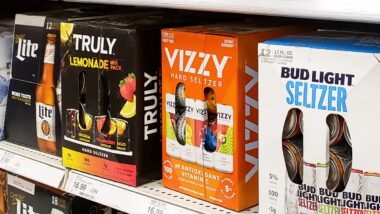
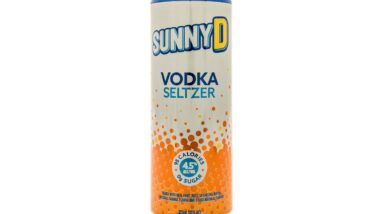


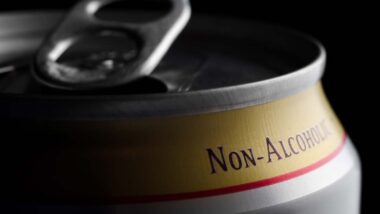

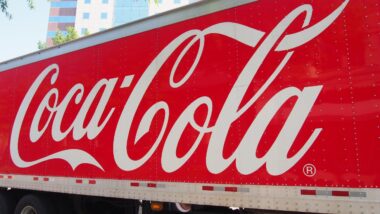
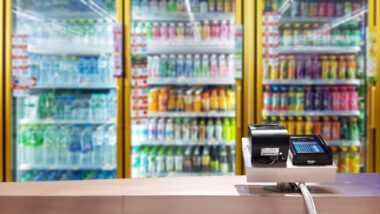


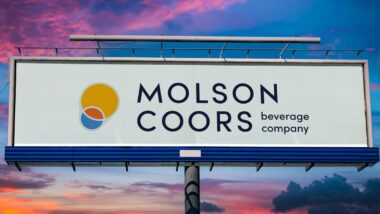
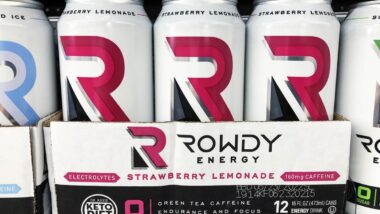
79 thoughts onBugs in your coffee? Surprising defects allowed in U.S. food
Add me!!
add me
add me
add me
THIS ISN’T A LAWSUIT.. IT WAS AN INFORMATIONAL PUBLISHING!! SOME PEOPLE’S KIDS I TELL YOU… SHEEESH!!